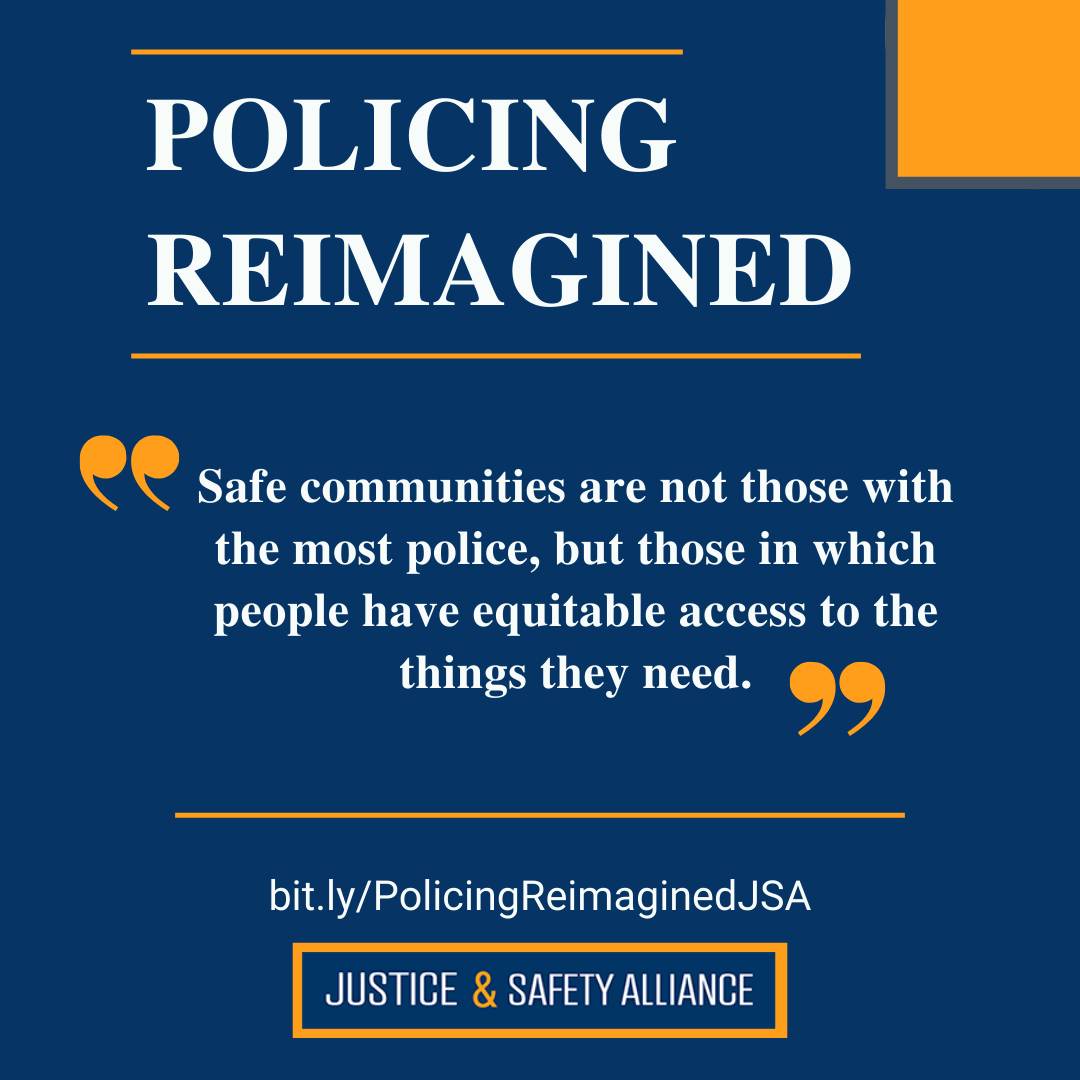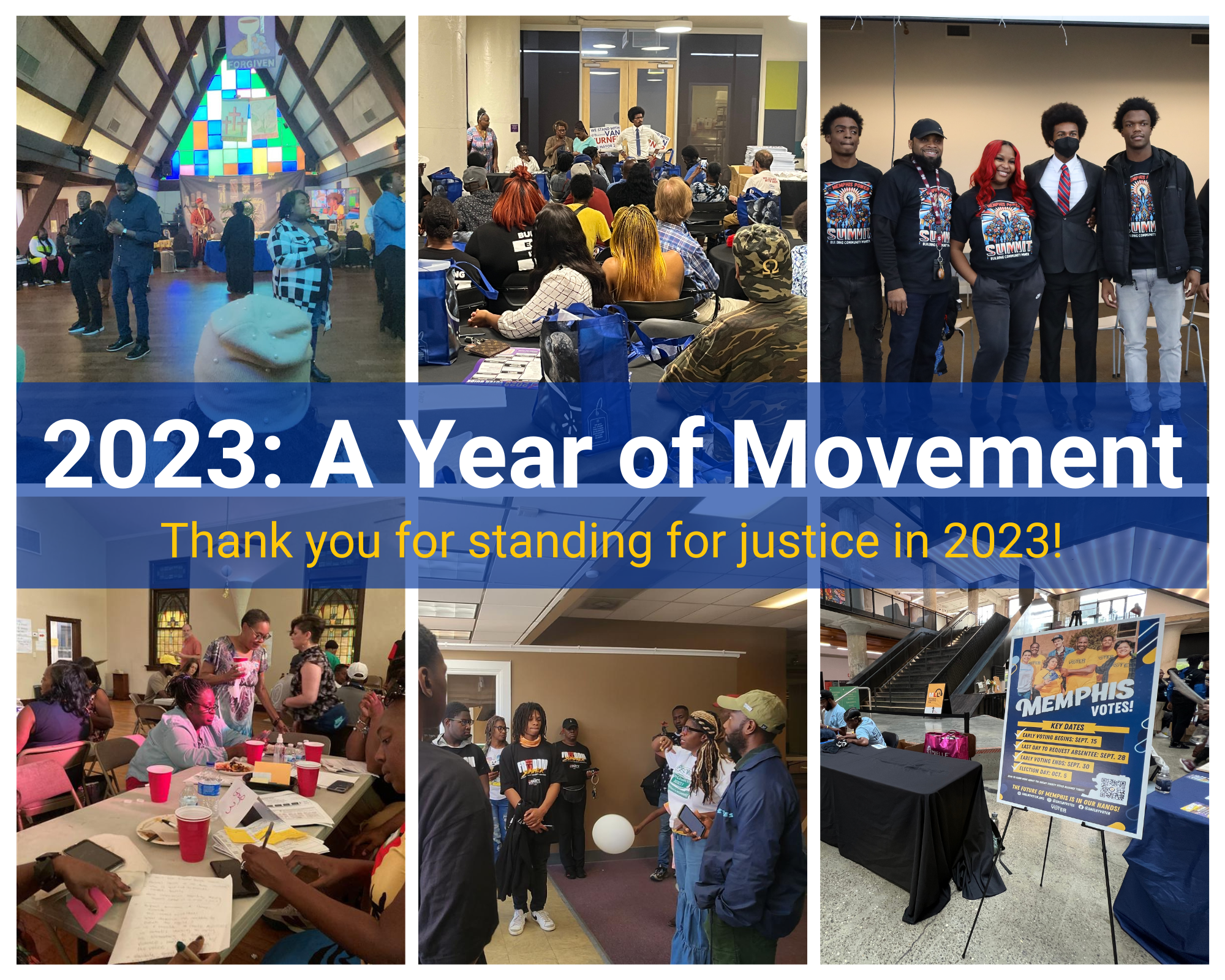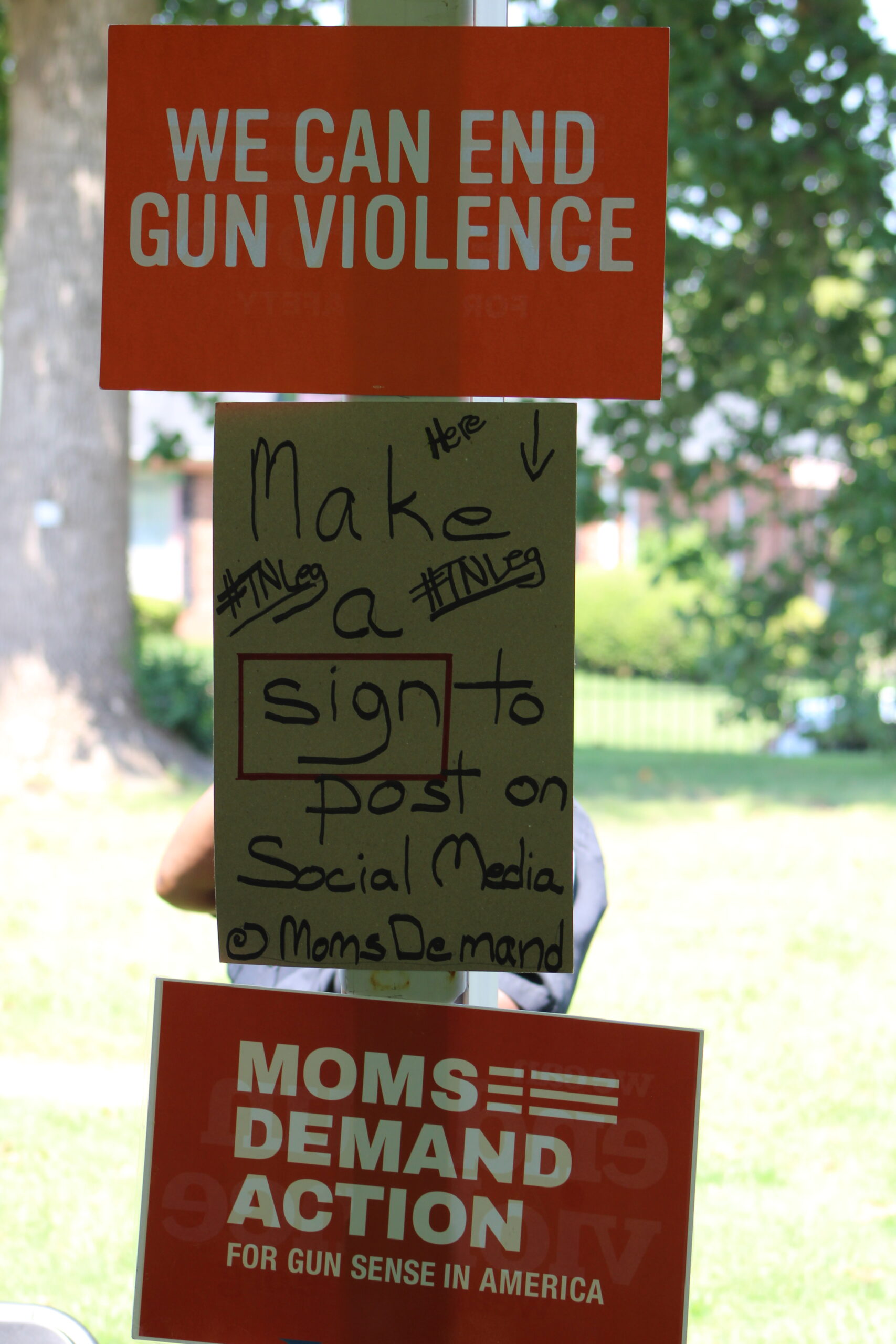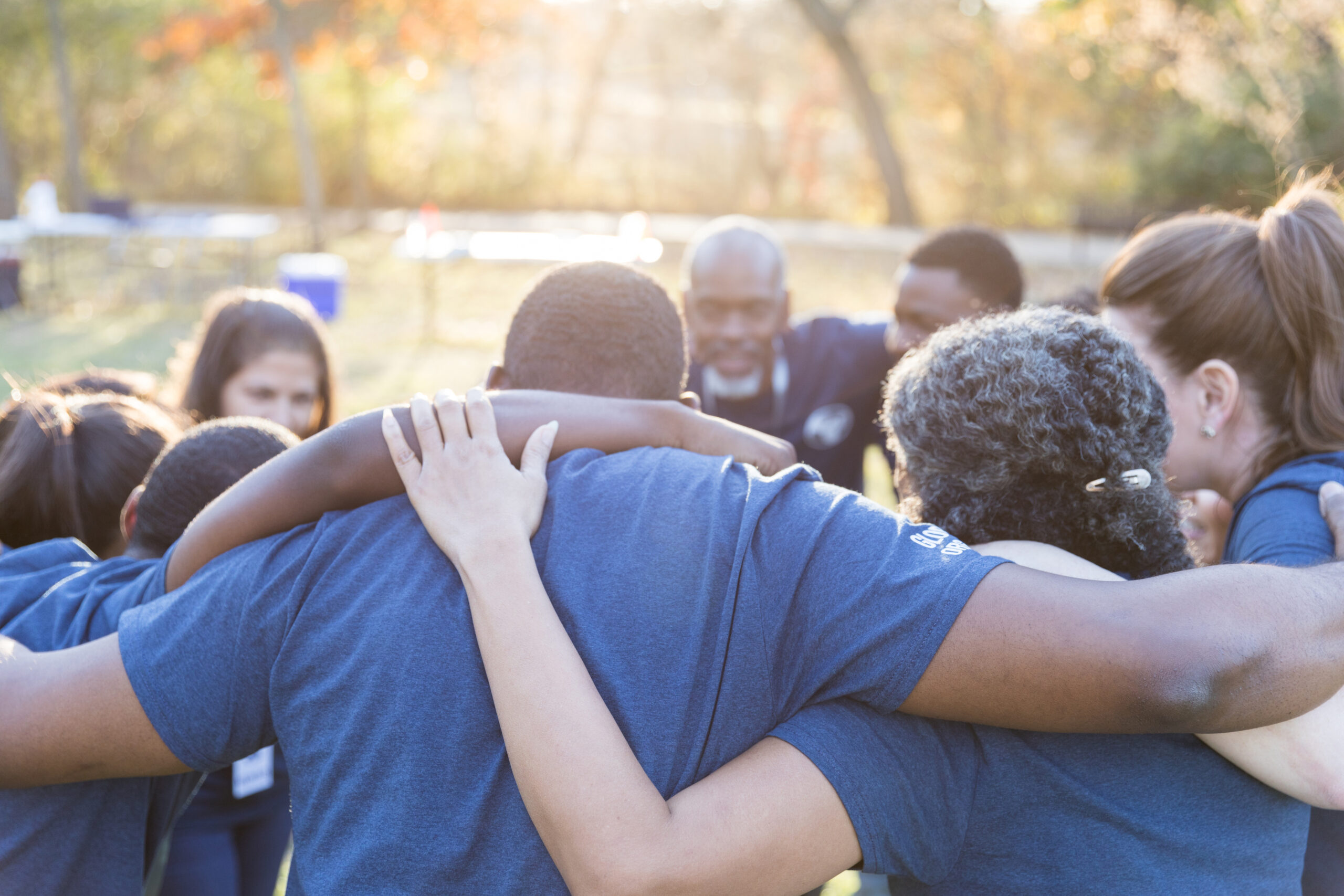Over the past year, we’ve seen our community carry the spirit of Dr. King forward in the fight for true justice for Tyre Nichols and so many others. We’ve worked to embody that same spirit in our fierce commitment to clearly defining real safety, which means valuing and investing in our people and communities. At the same time, crime is at the top of mind and center of conversation for most people right now.
With all this in mind, I thought this King Day would be a good opportunity to revisit the Policing Reimagined report from the Justice & Safety Alliance. The report grounds us in the history of policing (national and local) and provides evidence-based solutions with alternatives to policing.
Dr. King was often vocal in his calls to end police brutality across the country, including in a less frequently quoted part of his “I Have A Dream” speech: “We can never be satisfied as long as the Negro is the victim of the unspeakable horrors of police brutality.” He understood that a culture of violence within policing is a systemic issue, not just a problem of a few “bad apples.” While the life-saving police reforms passed in City Council and the DOJ’s pattern or practice investigation of MPD are real steps forward, we need to go further. We must also remain vigilant and continue to push forward when leaders like Mayor Jim Strickland embody the spirit of the “white moderate” that Dr. King warned us about.
Violence in our community, whether from police or crime, is a reflection of our values, beliefs, and policies. The beliefs that allowed those police officers to devalue Tyre Nichols’ life so much, are the same as those that allow our governments to pass budgets that devalue our people and communities – refusing to make the investments we know are needed to achieve real safety for all. The solutions are available, but we must push past our accepted culture of the status quo (cultivated by a history of racism) to get to them.
The current conversation of crime in Memphis & Shelby County is no different. We cannot continue to allow the status quo to dominate with reflexive demands for more police, prosecution, and punishment. We must focus on solutions that center the inherent value of all people. We can chart a course forward that has both accountability and a clearer moral arc towards the justice Dr. King preached.
The solutions presented in the Policing Reimagined report are the opportunities to build the equitable, just, and safe community that we all want to call home, and we can’t wait to work with you to make them a reality.


















